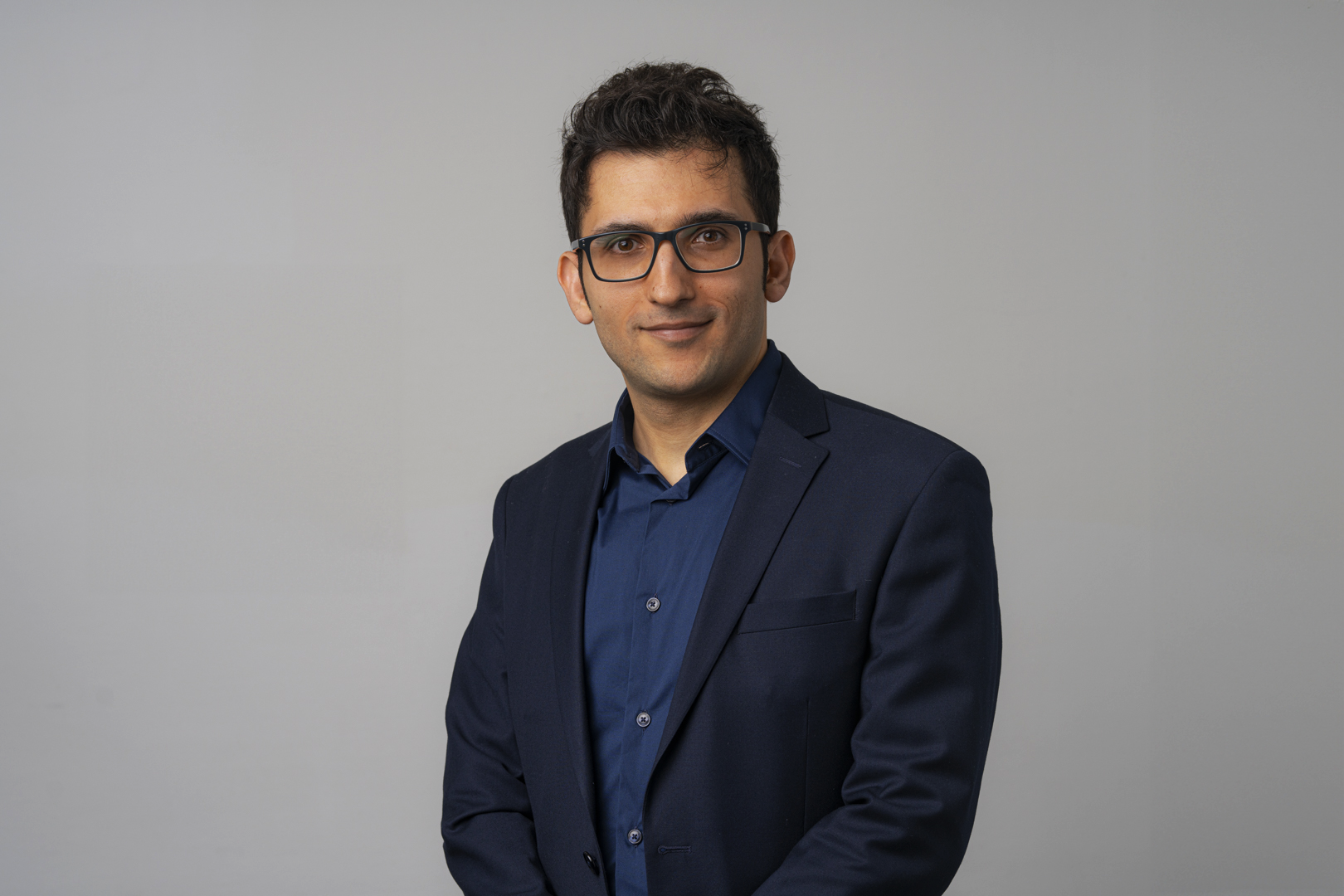Navid Ranjbar
Research leader

Project title
PolYCEM: Metastable calcium carbonate cementtoward cultivating carbon neutrality
What is your project about?
A growing interest in alternative cements has been challenged due to high-quality resource scarcity. In PolYCEM, we will explore the possibilities of formulating an innovative, eco-friendly cementitious system through repurposing and modifying the materials already employed in the industry. Inspired by nature, we engineer a special form of calcium carbonate that can partially replace cement without compromising strength. This new cementitious system can offer a dual advantage: it reduces the need for cement, a significant source of CO2 emission, and it can store CO2 within its structure. Our research focuses on understanding how the engineered calcium carbonates and cementitious phases interact and provide synergistic strength development in early- and long-term stages.
How did you become interested in your particular field of research?
Cementitious materials are the backbone of modern construction, offering a wide range of alternatives with specific properties suited to various applications. My interest in alternative cements was sparked by observing how changes in chemistry and the evolution of microstructures influence macro-level properties during multidisciplinary collaborations with leading researchers in the field. The ongoing exploration of the interactions between different cementitious phases at different time- and length-scales, combined with the need to advance our expertise in materials science, structural engineering, and data science, continually keeps me excited.
What are the scientific challenges and perspectives in your project?
The main challenge is that not all forms of calcium carbonates work well in this cementitious system. Controlling the stability of the desirable calcium carbonate, both when they are being synthesised and when they are combined with cementitious phases, is crucial but nontrivial. The ultimate use of cementitious material is to be able to sustain in an uncontrolled environment for decades interacting with a wide spectrum of external conditions, e.g. weather conditions. This increases the complexities in controlling the long-term interaction of calcium carbonate with cementitious phases.
What is your estimate of the impact, which your project may have to society in the long term?
The project will provide a fundamental understanding of the interplay between calcium carbonate and cementitious phases toward producing low-carbon cements. To address the scientific questions, we will develop advanced tools to characterise the properties of the materials in micro- and macro levels. This prestigious grant will support more long-term goals in sustainability and digitalisation within the field of construction materials.
Which impact do you expect the Sapere Aude programme will have on your career as a researcher?
It is a great honour and recognition to receive a Sapere Aude: DFF-Starting Grant. This grant will enable the expansion of my research group, particularly in exploring new directions for developing bioinspired cementitious materials. Furthermore, it will facilitate the development of advanced characterisation techniques, and expand my international collaborations with leading scientists from different disciplines.
Background and personal life
I live in Lyngby with my lovely wife, Shohreh. We spend much of our free time together, enjoy biking and walking in the nearby forests and along the coast. Before starting my career in Denmark, I lived in the UK, Iran, and Malaysia. My hobbies include playing guitar and reading management magazines.
View all research leaders here
Research institution
Technical University of Denmark
Research field
Low-carbon cementitious materials
City of your current residence
Lyngby-Taarbæk kommune
High school
Olum Pezeshki (Shiraz-Iran)
